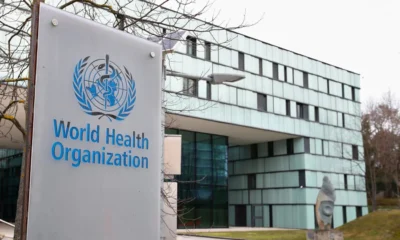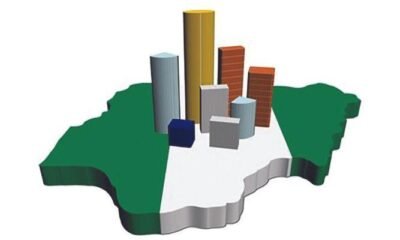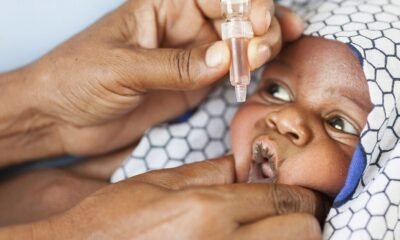News
Nigeria, Others To Receive US$195m COVID-19 Emergency Support Fund

Nigeria has been listed among 64 countries to benefit from a COVID-19 financing facility totaling about US$195.84 million.
The fund, code-named the Pandemic Emergency Financing Facility (PEF) is aimed at providing special attention to areas with the most vulnerable populations, especially in fragile and conflict-affected countries.
PEF operations are overseen by a steering body composed of donors -Australia, Germany and Japan; international organizations including the World Health Organization, UNICEF, and the World Bank, as well as two IDA-eligible countries
It is run under the auspices of the World Bank, and will provide additional support to vulnerable countries in their COVID-19 response, including essential and critical lifesaving medical equipment, personal protective equipment, therapeutics and medicine, and support for health workers on the frontlines of the crisis.
A release from the World Health Organisation (WHO) said the PEF funding will provide a boost of financing to support the immediate health response early in the outbreak in IDA countries with COVID-19 cases (with 35,195 cases, or 1.34% of reported COVID-19 cases globally as of April 24, 2020).
Checks by The Eagle show the financial disbursements from the PEF will begin as soon as next week, as governments from each of the countries submit authorized funding allocation requests.
“This funding is in addition to the World Bank Group’s commitment of up to US$160 billion to fight COVID-19,” said Annette Dixon, Vice President for Human Development at the World Bank.
“PEF funding will supplement the critical emergency support operations underway to help save lives, detect, prevent and respond to coronavirus in poor countries.”
Specific funding allocations will be determined by population size and reported cases, with a minimum of US$1 million and maximum of US$15 million going to each country, and a heavier weight given to countries classified as fragile or conflict-affected. These countries face greater challenges with their health systems and are home to the most vulnerable people. Before the COVID-19 crisis hit, it was already estimated that up to two thirds of the world’s extreme poor would live in fragile and conflict affected areas by 2030.
“COVID-19 will hit the poorest countries the hardest,” said Shigeru Ariizumi, Deputy Director General of the International Bureau, Ministry of Finance, Japan. “This funding from the PEF will help the poorest countries with the most vulnerable health systems boost their response to this unprecedented global health crisis.”
According to Gerd Müller, Minister of Economic Cooperation and Development of Germany. “Crisis and refugee regions in particular need rapid support for stabilization. This is an important lesson from past health crises.”
The PEF Funds will be used to help vulnerable countries scale up testing, quickly identify new cases and treat them, and rapidly trace and isolate their contacts. The financing will also be used to help train health workers and maintain the delivery of essential health services to households.
“These funds directed at the most vulnerable countries show solidarity in the face of a common threat”, said Michael Ryan, Executive Director, WHO Health Emergencies Programme and co-chair of the PEF Steering Body.
The PEF was established in 2016 to provide financial support to IDA-eligible countries in case of major multi-country disease outbreaks.




























